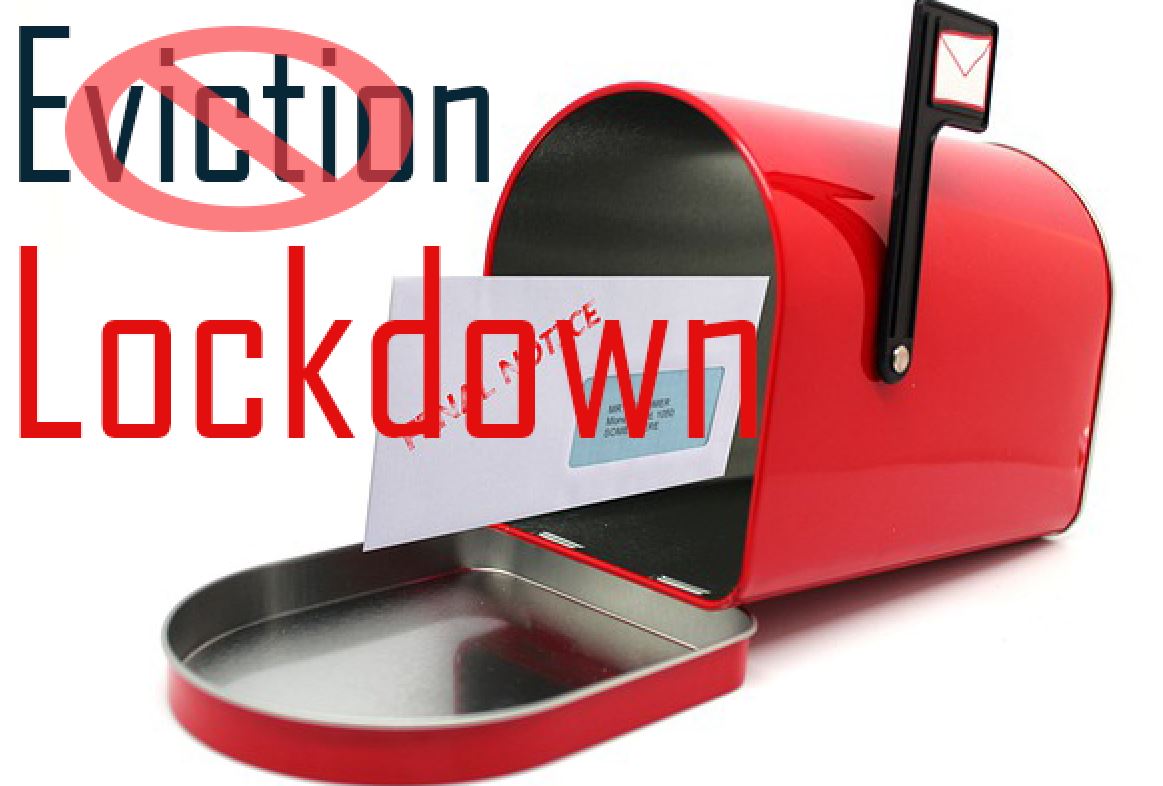Occupants and tenant may not be evicted from their homes during the National Lockdown. This is so even if are in arrears with you rental, or the lease has been terminated
On 16 April 2020, the Minister of Cooperative Governance and Traditional Affairs, Dr Nkosazana Dlamini Zuma made changes to the regulations during the national lockdown. The lockdown was officially extended until 23H59 on 30 April 2020. Various regulations were added and/or amended. Let us look at the one relating to evictions from residences.
You cannot be evicted from your home during the national lockdown
Regulation 11CA was inserted into the new regulations. It states the following:
“Prohibition on evictions
11CA. No person may be evicted from their place of residence, regardless of whether it is a formal or informal residence or a farm dwelling, for the duration of the lockdown.”.
What this means, is that even if you are in default of your rent or the lease agreement has expired or terminated, or the landlord has an order authorising your eviction, you may not be evicted from your home during the lockdown.
Evictions from your home must be lawful
For an eviction to be lawful, the person evicting you must obtain a court order. Without a court order, the sheriff of the Court cannot remove you from your home. You can, therefore, refuse to vacate your home. During the lockdown, the sheriff of the court cannot remove you, even if he or she comes with a court order.
Constitutional provisions regarding evicting people from their homes
Section 25 of our Constitution states the following:
“25(1) No one may be deprived of property except in terms of law of general application, and no law may permit arbitrary deprivation of property.”
Furthermore, section, section 26 (3) of our Constitution states:
“No one may be evicted from their home, or have their home demolished, without an order of court made after considering all the relevant circumstances. No legislation may permit arbitrary evictions.”
Prevention of Illegal Eviction from Unlawful Occupation of Land Act of 19 of 1998
Therefore, for someone to be evicted, an application must be made to the court. The law applicable is the Prevention of Illegal Eviction from Unlawful Occupation of Land Act of 19 of 1998. It came into effect on 5 June 1998. In it, it lays down the procedure for the eviction of unlawful occupiers.
In short, the owner or person in charge of the premises must follow the processes in the Prevention of Illegal Eviction from Unlawful Occupation of Land Act. It entails giving you notice to appear in court to say your say. The court would then decide whether or not you should be evicted after hearing both sides of the story.
